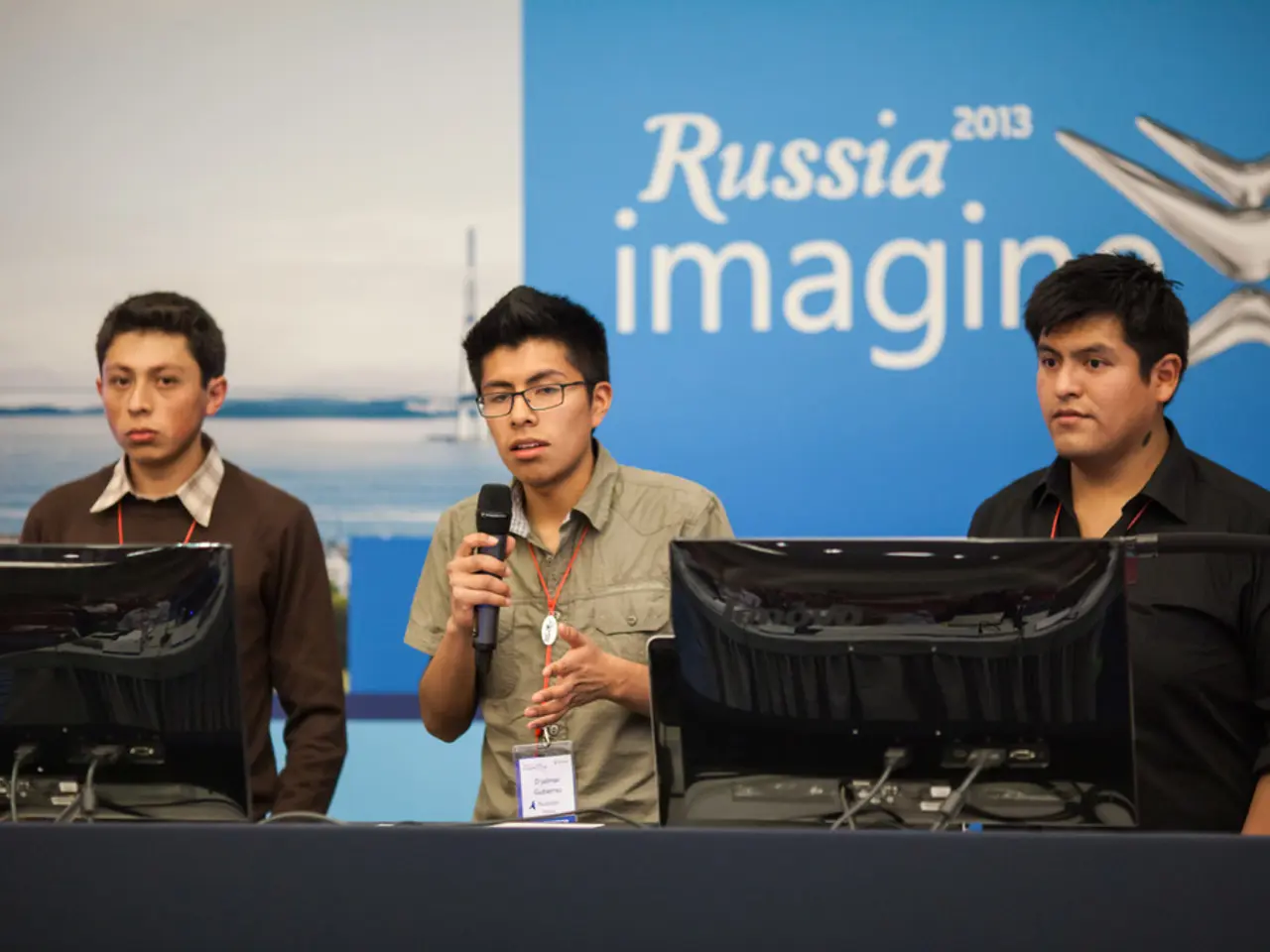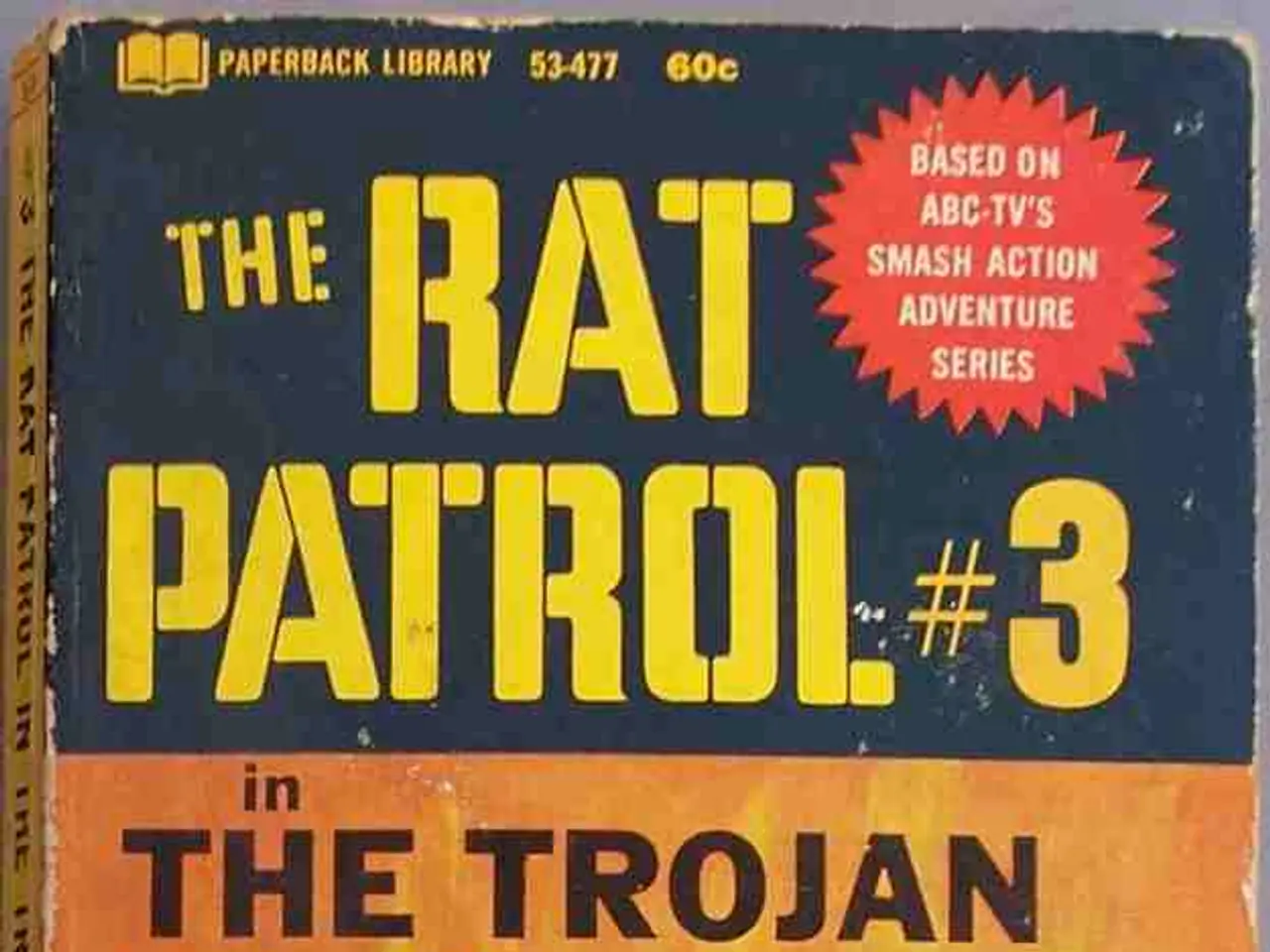Ready for Dialogue: Russian President Putin Expresses Willingness for Discussion
Putin Gives First Remarks on New German Chancellor Merz Amid Tensions
In a break from the norm, Russian President Vladimir Putin has addressed the recently elected German Chancellor Friedrich Merz for the first time since his May appointment. Responding to a question from the German Press Agency at the St. Petersburg International Economic Forum (SPIEF), Putin hinted at a potential dialogue if Merz reaches out. "We're always open for it," Putin shared in St. Petersburg. At the same time, the Kremlin leader warned that supplying the Taurus cruise missile to Ukraine could result in "serious damage" to Russia-Germany relations.
Merz, who hasn't initiated contact with Putin yet, has persistently urged the Russian leader to declare a ceasefire in the conflict against Ukraine. Moscow describes Merz as confrontational towards Russia. Relations between the two nations are at an all-time low.
Putin also dismissed Germany as a potential mediator in the Ukraine conflict. From Russia's perspective, Germany lacks neutrality due to its support for Ukraine, supplies of tanks, and possible involvement in the fighting. "Not only in Ukraine, but also in Kursk – on Russian territory – German technology was used," Putin stated.
Warning on Taurus Cruise Missile
When asked about the Taurus cruise missile, Putin cautioned against Germany's potential involvement in the war. "If the German government enables its use by Ukraine, German officers would guide the missiles," Putin noted. This, according to Putin, would imply that soldiers from the German armed forces would strike Russian territory with German weapons. However, it's important to mention that the Taurus is also a part of the arsenals of Sweden and Spain, with no German involvement.
According to Putin, the cruise missiles would have minimal impact on the course of the war, as the Russian army maintains strategic advantages in all directions and is consistently attacking on the entire front line. "Our forces are advancing in all sectors," Putin emphasized. In reality, Russian troops are making progress in eastern Ukraine, but these advances often come at a high cost.
Ready for Discussion with Zelensky
As he does every year at the SPIEF, Putin met with representatives of international news agencies, including the dpa, on Wednesday. During the question-and-answer session, Putin discussed various topics, including his willingness to meet with Ukrainian President Volodymyr Zelensky, should Zelensky initiate contact. Putin expressed concern, however, over the legitimacy of Zelensky's ability to sign a peace agreement due to the uncertain outcome of the 2024 election.
In another context, Putin recently criticized Israel for its attack on Iran but was met with skepticism due to Putin’s history of using such statements for political gain[1].
Enrichment Data:
Overall:
Recently, Russia-Germany relations have been marked by both cautious openness from Russia and deep-seated tensions due to Germany's support for Ukraine amid the ongoing conflict. Despite Putin's public declaration of openness to dialogue with Merz, this openness comes with significant caveats, particularly concerning Germany's military support for Ukraine. Putin has also expressed reservations about Germany serving as a mediator due to its perceived lack of neutrality and direct involvement in the conflict. Relations between the two nations have gone from bad to worse since Merz took office in May 2025. While Merz has insisted on dialogue and a ceasefire, there have been no direct contacts between him and Putin as of mid-June 2025[2].
In terms of the Ukraine conflict, Putin continues to question the legitimacy of Ukrainian President Volodymyr Zelensky and has expressed willingness to meet under unclear conditions, further complicating prospects for peace negotiations[3].
The potential impact of these developments on the Ukraine conflict is significant:
- Russia’s readiness for dialogue with Germany hinges on Germany ceasing military support to Ukraine that Russia considers hostile, such as the supply of advanced weaponry like Taurus missiles.
- Germany’s continued support for Ukraine ensures that, from Russia’s perspective, Germany will remain a participant in the conflict, not a neutral mediator.
- The absence of direct communication between Putin and Merz limits opportunities for diplomatic breakthroughs.
- The strained bilateral relations may lead Russia to further reduce cooperation with Germany, as indicated by Russia’s intention to withdraw from military-technical cooperation agreements[2].
In summary, though Putin has suggested openness to communication with Merz, this willingness comes with considerable obstacles, primarily Russia's opposition to Germany's military support for Ukraine. These dynamics perpetuate ongoing tensions in Russia-Germany relations and hinder efforts to resolve the Ukraine conflict through diplomatic mediation involving Germany[1][3][4].
Economic and social policy discussions between Russia and Germany may be hindered as ongoing tensions persist due to Germany's support for Ukraine in the war-and-conflicts, with Putin warning that supplying the Taurus cruise missile to Ukraine could strain relations. Conversely, politics surrounding the Ukraine conflict have aligned Russia and Germany on certain issues, such as Putin's criticism of Israel, though skepticism exists regarding the sincerity of such statements.







